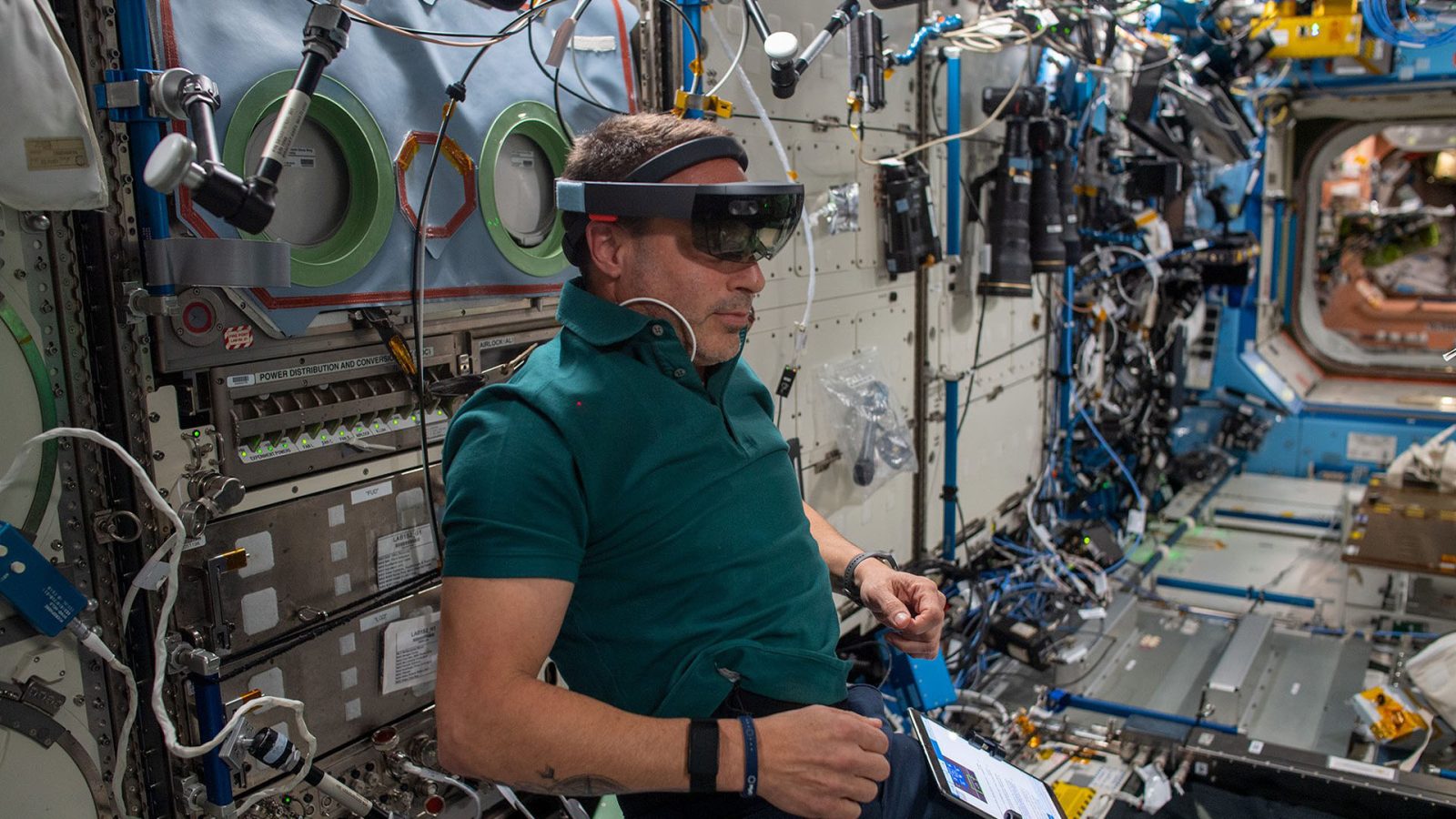
A global panel of experts has released a paper outlining a set of ethical guidelines and principles for research conducted aboard commercial spaceflights, marking a significant step in ensuring the safety and inclusivity of human research in space. These guidelines are especially crucial as private companies are poised to send thousands of individuals into space in the coming decades, providing unique opportunities for research.
The panel, convened by the Center for Medical Ethics and Health Policy at Baylor College of Medicine, Houston, highlighted that existing ethical rules governing research on human subjects do not directly address the distinctive circumstances of research conducted during commercial space flights.
“There has been a long tradition of astronauts from NASA and other national space agencies volunteering for research, and the agencies have established tradition on how this research is done,” said Dr. Michael Williams, professor of neurology and neurological surgery at the University of Washington School of Medicine in Seattle and one of the paper’s co-authors. “But how such research is going to be done aboard commercial flights, where incentives might be different, hasn’t really been explored.”
The panel’s proposed guidelines are anchored in four fundamental principles:
- Social Responsibility: Research conducted on commercial space flights should benefit society at large, as these endeavors are possible due to substantial public investment.
- Scientific Excellence: Research should aim for high scientific standards to prevent poorly designed, duplicative, or low-priority studies that could compromise data quality.
- Proportionality: Risks to research participants should be minimized and balanced relative to the anticipated benefits for both individual commercial spaceflight participants and society.
- Global Stewardship: Guidelines should ensure the benefits of human space exploration are accessible to all, emphasizing inclusivity.
While these guidelines prioritize social responsibility over individual autonomy, the authors argue the unique context of commercial spaceflight justifies encouraging participation among the few individuals selected for spaceflight.
“All prospective commercial space flight participants should be fully informed about the social value of any proposed research protocols and be encouraged to participate,” the authors concluded. They also noted that incentivizing participation may be justified, provided that incentives are balanced with risks and do not create undue inducements.
The authors highlighted NASA’s practices as a potential model, where astronauts are eligible to participate in numerous studies for a given mission, allowing them to choose which ones align with their preferences, respecting the principle of autonomy.
The lead author of the Science paper is Vasiliki Rahimzadeh, with Amy McGuire serving as the senior and corresponding author. Both are affiliated with the Center for Medical Ethics and Health Policy at Baylor.
These ethical guidelines aim to set the stage for responsible research in the expanding commercial space travel industry. By prioritizing social responsibility and inclusivity, their goal is to ensure space research not only benefits future space travelers but also contributes to broader human health knowledge on Earth.
FTC: We use income earning auto affiliate links. More.




Comments